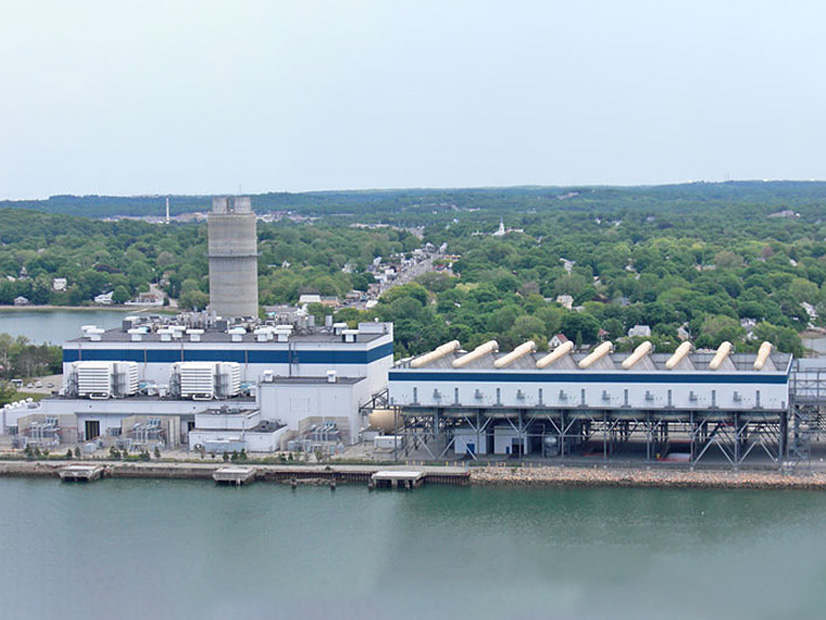Two renewable energy industry groups are asking federal regulators to address what they say are unfair preferences given to gas-powered generators in ISO-NE.
In a Section 206 complaint filed with FERC this week, RENEW Northeast and the American Clean Power Association wrote that ISO-NE’s rules and practices around capacity accreditation and operating reserve designation don’t adequately take into account the uncertainty of natural gas supply in the region, particularly in winter.
The undue preference, they say, harms almost every other type of generation resource in the region.
The complaint says that ISO-NE’s capacity accreditation for gas-only resources is an “outlier,” in that the grid operator treats them as equivalent to resources with dedicated, on-site fuel supplies despite “known uncertainties with fuel availability for gas-only resources in winter peak conditions” — the well-established pipeline constraints that have been in play in New England for years.
ISO-NE’s qualified capacity rating for a gas generator is based on a test that only confirms the physical ability of the resource to convert fuel into energy, and not its access to that fuel.
“Gas-only resources receive an undue preference by being treated the same way for capacity accreditation as generators with known, dedicated fuel supplies, in spite of uncertainties about the ability of gas-only generators to obtain gas supply in peak winter conditions,” the complaint says.
The groups also contend that the grid operator’s operating reserve designation involves similar undue preferences, because gas-only resources are again unique in that they’re not required to prove the availability of fuel.
“A gas-only resource that cannot find gas is the same as a wind resource without wind or a solar resource without sun,” said RENEW executive director Francis Pullaro. “There is no justification to treat gas-only resources in a different manner.”
ISO-NE spokesperson Matt Kakley said the grid operator is reviewing the filing, noting that the RTO has already started a stakeholder process to improve its capacity accreditation. In its 2022 work plan, the RTO says it is aiming to find methodologies to “appropriately accredit resource contributions to resource adequacy as the resource mix transforms,” with a tentative plan to have a filing to FERC by the end of the year.
The primary method under discussion for doing so is effective load carrying capability (ELCC).
“A commitment by ISO-NE to timely take steps through ELCC implementation to set winter capacity ratings for gas-only resources consistent with the level that could be fueled on a cold winter day would be a positive step,” the renewable groups wrote in their complaint.
Winter weather has been in sharp focus for ISO-NE and the New England states this year, after last year’s energy crisis in Texas and an increase in extreme weather. (See As Climate Changes, Weather Becomes Obsession for New England Grid, State Officials.)



